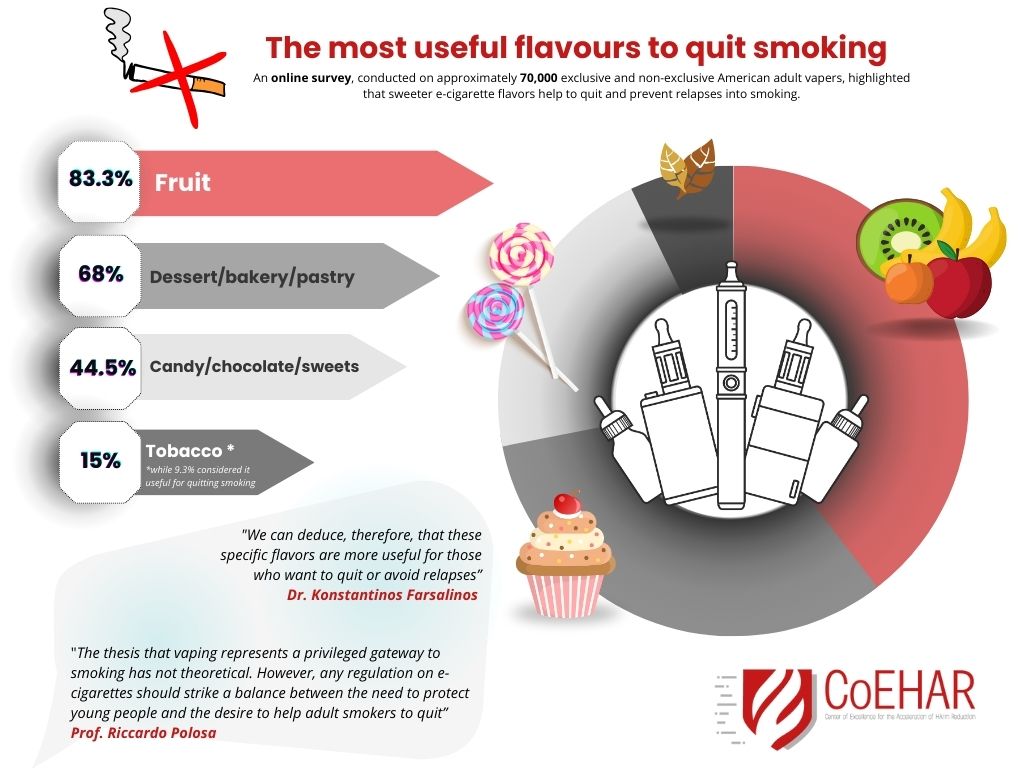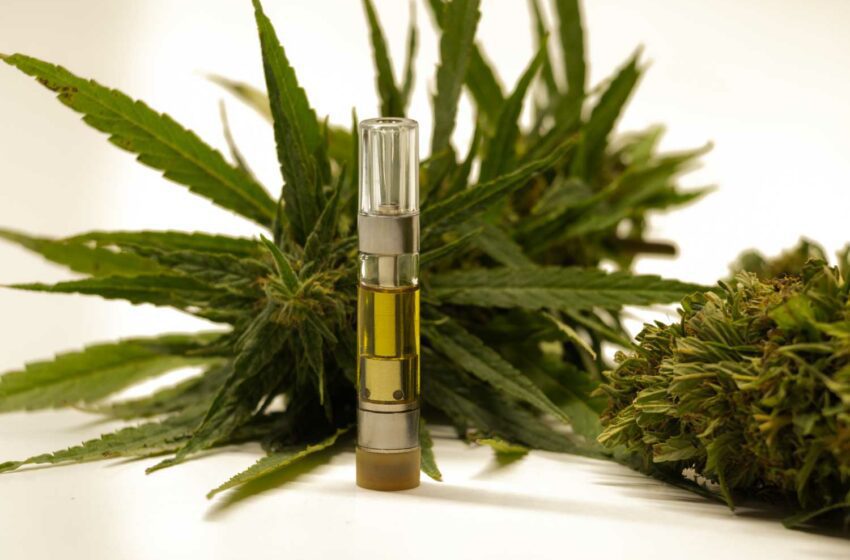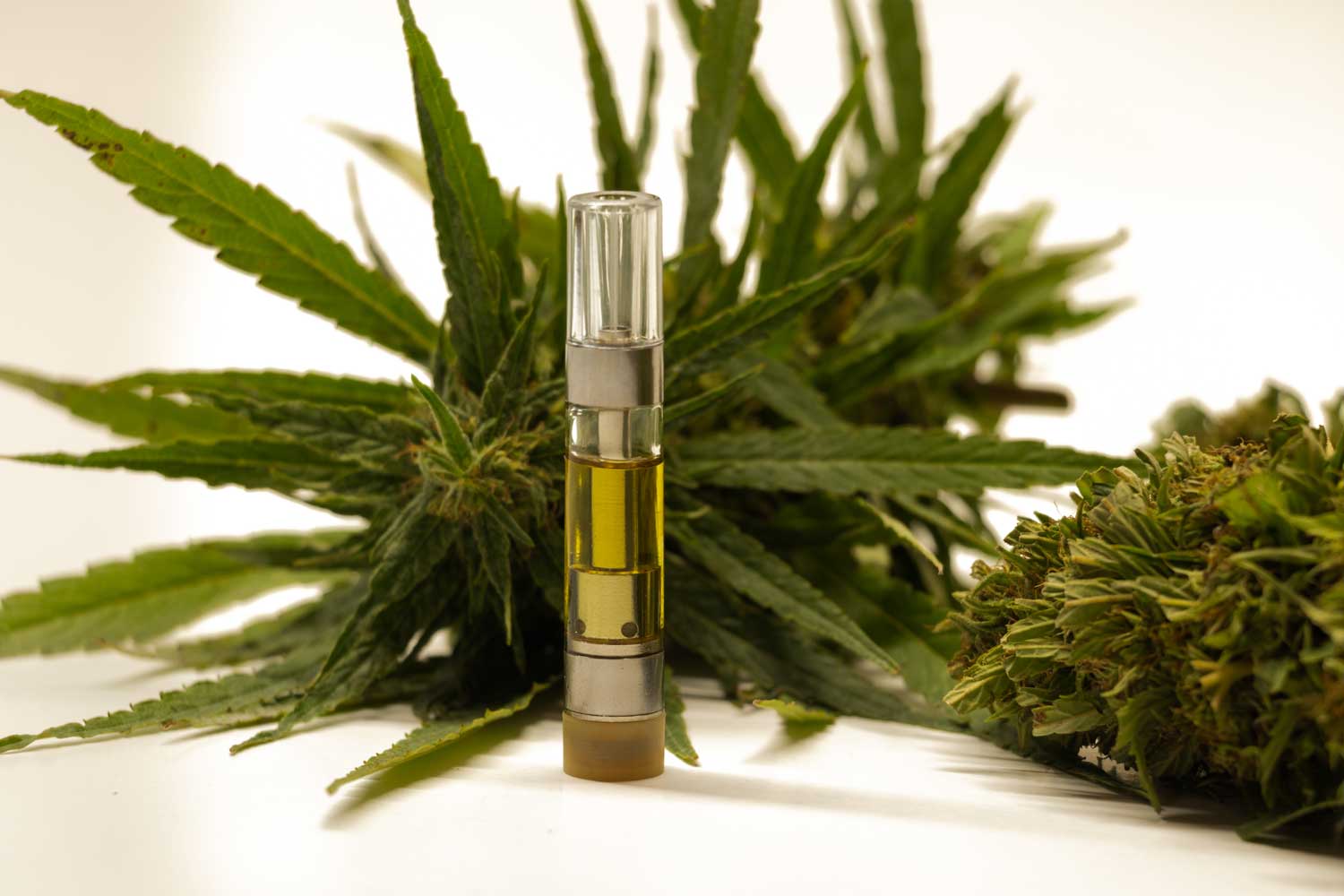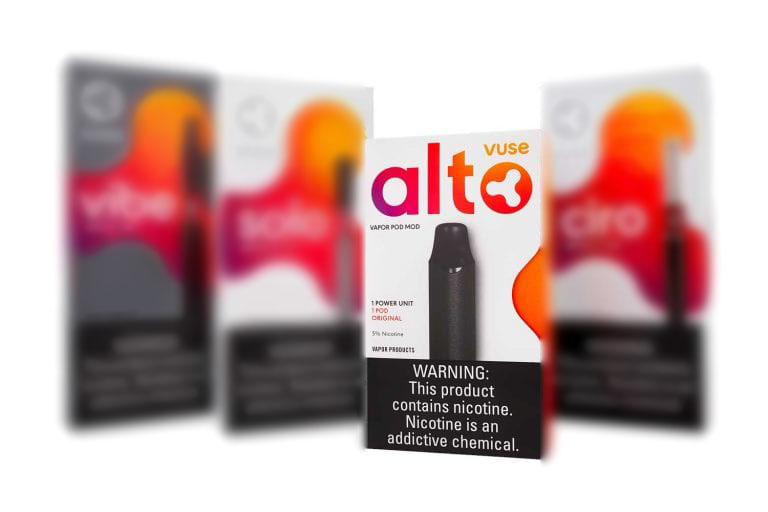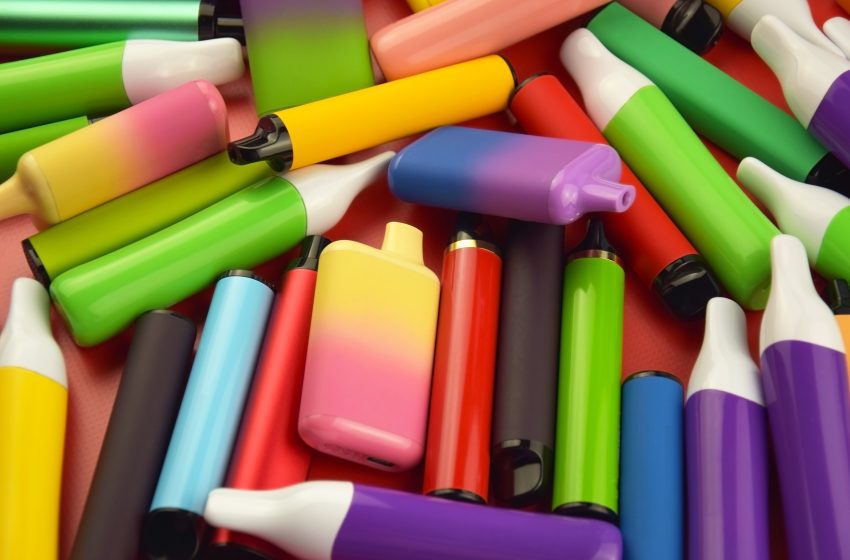
Philip Morris International Oct. 20 submitted premarket tobacco product applications (PMTAs) and modified risk tobacco product applications (MRTPAs) for IQOS Iluma heated tobacco products with the U.S. Food and Drug Administration (FDA).
IQOS Iluma products are PMI’s most-innovative heated tobacco products. They deliver substantially similar reductions in the formation of harmful and potentially harmful constituents as earlier versions of IQOS products authorized by FDA
According to PMI, IQOS Iluma has demonstrated higher rates of full switching by adults who smoke and improved consumer satisfaction in many countries.
IQOS Iluma products rely on a fundamentally different heating technology from previous versions of IQOS products and contain numerous technological advancements including improved device and battery longevity.
IQOS Iluma products are currently available in 27 markets internationally
PMI’s applications are supported by a thorough scientific assessment, including aerosol chemistry, in vitro toxicology, a pharmacokinetic study, and consumer perception and behavior studies, as well as the comprehensive scientific dataset generated with previous versions of the IQOS system
The IQOS Iluma devices operate on the Smartcore Induction System that heats tobacco from within Terea Smartcore Sticks—heated tobacco sticks designed to be used only with IQOS Iluma devices
PMI has submitted applications for three Iluma devices and five variants of the tobacco sticks: Terea Blue, Terea Green, Terea Sienna, Terea Bronze, Terea Amber

Internationally, IQOS Iluma products have demonstrated how ground-breaking consumer-centric innovation can lead more adults to stop smoking. We believe that same success can be replicated in the U.S.
Stacey Kennedy, president Americas and CEO of PMI’s U.S. business
“Tens of millions of American adults today smoke cigarettes and will likely continue to do so. They should have a range of scientifically substantiated better alternative nicotine products to choose from, and PMI is committed to providing them with new choices,” said Stacey Kennedy, president Americas and CEO of PMI’s U.S. business, in a statement.
“Internationally, IQOS Iluma products have demonstrated how ground-breaking consumer-centric innovation can lead more adults to stop smoking. We believe that same success can be replicated in the U.S. and drive a rapid decrease in smoking rates among adults. These are strong applications, and we urge the FDA to prioritize them for review.
“Since 2008 PMI has invested more than $10.5 billion to scientifically research, develop, and commercialize smoke-free products, an investment that was further bolstered last year through our acquisition of Swedish Match. We are focused on providing adults who smoke with alternatives that can reduce their risks compared with smoking and help make America cigarette-free.”
PMI will have the full rights to commercialize all IQOS products in the U.S. as of April 30, 2024, per the terms of an agreement with Altria Group, Inc. ending the companies’ commercial relationship covering IQOS in the U.S.




